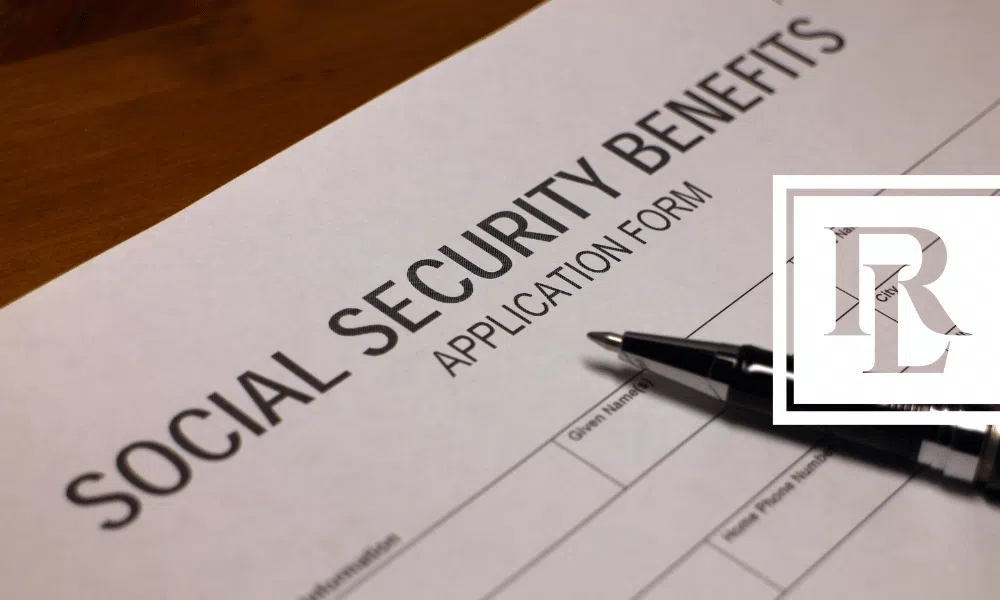NEED A SOCIAL SECURITY LAWYER? GET AN ATTORNEY
Need help understanding the process? Disability benefits are some of the most difficult social security benefits to claim.
HAVE YOU BEEN DENIED DISABILITY? DON’T KNOW WHERE TO START? LET US HELP.
Less than 30% of applicants are accepted the first time they file, and annual acceptance rates are less than 50% overall. Hundreds of legitimate disability claims are denied every year, often because the forms are long, complicated, and those filling them out don’t even realize they didn’t complete them correctly. Contact the Social Security Disability Team at Rob Levine Law to get the help you need. The Rob Levine Team will help you understand your rights and eligibility for Social Security Disability benefits.
GET YOUR FREE EVALUATION TODAY!
Schedule a Free Evaluation of your claim today. Once the evaluation is completed and our case is accepted, you will work with our Social Security Disability Team Members to help you through the paperwork and the entire process. Our goal is to get you approved for the benefits you deserve!
FAQs About Your SSDI Case
What is a compassionate allowance?
In order to decrease the decision time for a claim, the SSA has identified a list of conditions that have already met their standards for disability benefits. This initiative was created to help those with serious disabilities by simplifying the process. There are two ways your condition will qualify you for benefits under the CAL Initiative.
- If you have a listed illness or disease that is the same as listed in the schedule of diseases listed on the SSA website, you may automatically qualify for benefits.
- If your disability has the same signs and symptoms as a disease listed on the schedule under the CAL Initiative, then you may qualify for benefits as well.
Can I receive SSI and SSDI benefits at the same time?
Why do I need a lawyer to help me apply for SSDI?
Hiring an attorney to help you with your Social Security Disability application is beneficial as it can decrease the length of time it takes for you to get an approval. Their experience in these cases allows them to know what information and documentation you need to receive the maximum amount of benefits.
What happens if my SSDI claim has been denied?
If I don’t have enough work history, or any at all, can I still receive benefits?
Although you may not be able to receive SSDI benefits, you can still apply for Supplemental Security Insurance. Since this is a program based on financial need, you can qualify for these benefits if you do not exceed the Social Security Administration’s limit for income and/or assets.





